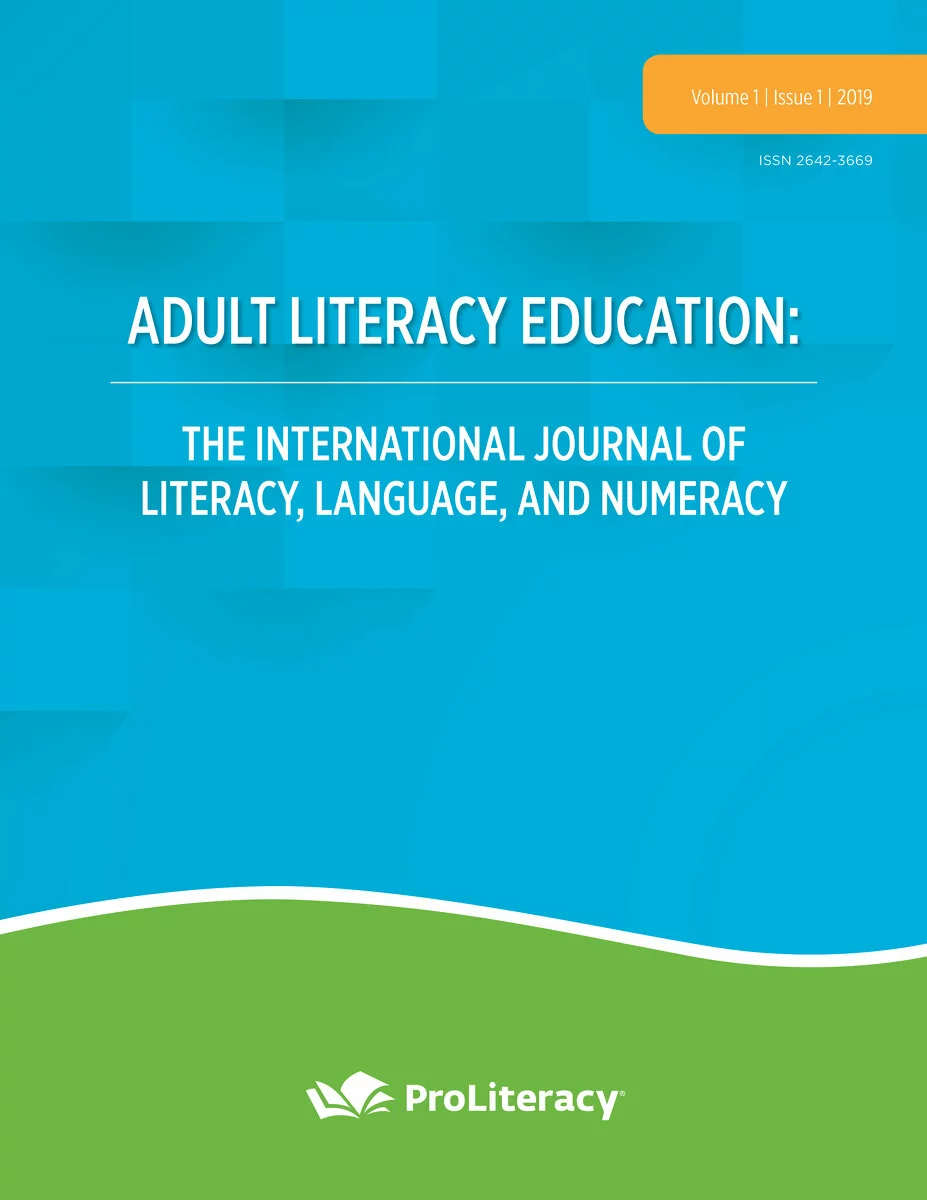Journal
The journal explores adult literacy and the perspectives of literacy teachers. It discusses the origins of teachers’ perspectives on reading difficulties, emphasizing their own experiences as learners and teachers. The importance of creating appropriate learning environments is highlighted, including physical and psychological factors.
The study also focuses on morphological instruction and its effectiveness in improving literacy skills. The limitations of the pilot study are acknowledged, but positive gains were observed in vocabulary and word recognition. The journal concludes by addressing the concerning literacy levels among adults in the United States, particularly among certain demographic groups.
This issue of the journal includes:
Research Articles
Author(s): Elaine Chapman – The University of Western Australia; Janet McHardy
Description: The article discusses the teaching practices used in adult reading programs and the beliefs and perspectives of adult reading teachers.
Author(s): Susan H. Gray – Bridgewater State University
Description: The article provides insights into the potential benefits of morphological instruction for adult struggling readers and highlights the importance of academic vocabulary and word knowledge in improving literacy skills.
Author(s): Amy R. Trawick – CALLA
Description: The article underscores the importance of adult literacy and the potential of the PIAAC literacy framework to enhance instructional planning and curriculum development in adult education, particularly in the context of reading instruction.
Forum: Immigration and ESL
Author(s): Clarena Larrotta – Texas State University
Description: The article discusses the impact of anti-immigrant sentiment and policies on immigrants learning English in the United States. It highlights the contributions of immigrants to the economy and the challenges they face in the current political and social climate.
Author(s): Susan Finn Miller
Description: The author highlights the experiences of immigrants and refugees in the community and the challenges they face due to travel restrictions, the potential end of the Temporary Protected Status (TPS) program, and the overall anti-immigrant sentiment in the country.
Author(s): Andy Nash – World Education, Inc.
Description: The article discusses the mounting campaign in the United States to blame immigrants and refugees for various societal issues and how educators can address this issue in adult education classes. The author emphasizes the importance of creating safe learning spaces for all students and encouraging critical thinking about current events.
Resource Review
Author(s): Christine Miller – Georgia State University
Description: The resource review discusses a memoir about an adult literacy tutoring relationship, highlighting its strengths in personalizing the struggles of adult learners and providing practical insights for tutors.
Research Digest
Author(s): Lisa M. Baumgartner – Texas A&M University
Description: The article discusses the concept of transformative learning, which refers to a perspective transformation or change in worldview that occurs through critical reflection, dialogue with others, and a supportive educational environment.
Technology Solutions for Adult Basic Skills Challenges
Author(s): David J. Rosen – Newsome Associates
Description: The article discusses the challenge of finding quality educational resources for adult basic skills teachers and introduces CrowdED Learning as a potential solution through crowdsourcing and curated resources.
